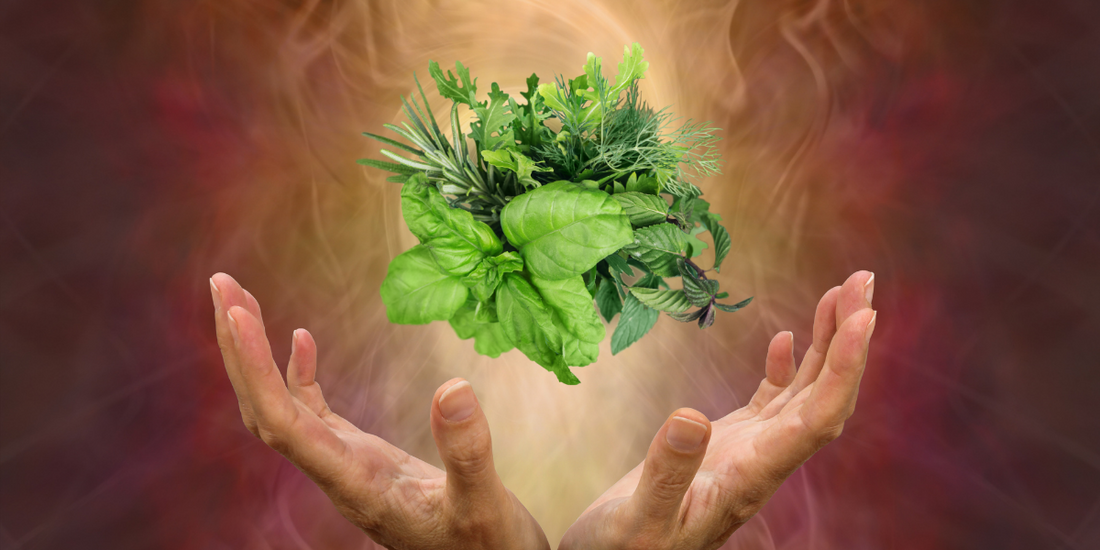The The use of herbs for healing is not a new concept. In fact, the Bible contains numerous references to the power of plants and herbs for health and wellness. From the Garden of Eden to the book of Revelation, the Bible is rich with references to the healing properties of herbs. Let's explore what the Bible says about herbs and their healing properties.
What Does God Say About Herbs in the Bible?
In Genesis 1:29, God says, "I give you every seed-bearing plant on the face of the whole earth and every tree that has fruit with seed in it. They will be yours for food." This passage suggests that plants and herbs are a gift from God and are intended for our nourishment and well-being. Additionally, in Ezekiel 47:12, there is a reference to trees that bear fruit every month and leaves for healing. This passage further emphasizes the power of plants and herbs for healing.
What are the 7 Holy Herbs in the Bible?
The Bible does not explicitly name seven holy herbs, but there are references to various herbs and spices throughout the Bible that are believed to have special significance. Some of these herbs include myrrh, frankincense, cinnamon, cassia, and hyssop. These herbs are often associated with purification, anointing, and healing.
What is the Purifying Herb in the Bible?
Hyssop is a herb that is frequently mentioned in the Bible and is believed to have purifying properties. In Psalm 51:7, the psalmist says, "Cleanse me with hyssop, and I will be clean; wash me, and I will be whiter than snow." Hyssop was also used in the Old Testament for sprinkling blood during the sacrificial rituals, symbolizing the purification of sin.
What Does the Bible Say About Turmeric?
While turmeric is not mentioned specifically in the Bible, there are references to its use in ancient medicine. Turmeric is a spice that has been used for thousands of years in Ayurvedic and Chinese medicine for its anti-inflammatory and antioxidant properties. Its active ingredient, curcumin, has been shown to have numerous health benefits, including reducing inflammation, improving brain function, and lowering the risk of chronic diseases.
In conclusion, the Bible contains numerous references to the healing properties of herbs and plants. The use of herbs for healing has been practiced for thousands of years, and modern science is beginning to uncover the many health benefits of these natural remedies. By incorporating herbs into our daily lives, we can tap into the power of God's creation and experience greater health and wellness.
